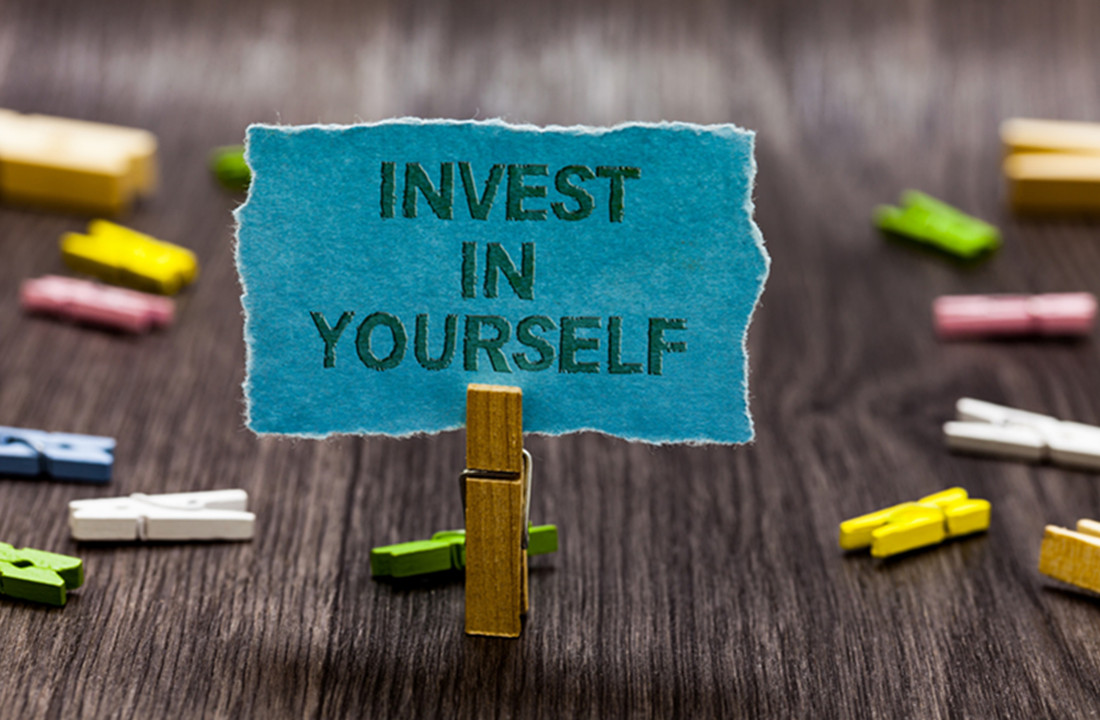
Stock Investment Skills That You Should Know
Investing in stocks is a great way to build wealth, but it’s easy to get overwhelmed when you’re just getting started. Many beginners don’t know how to invest in stocks and lose money rather than make it. But don’t worry: If you want to put your money in the stock market, there are some skills and habits every novice investor should learn before diving in. Here are five essential skills investors should master before making their first trade:
1) UNDERSTANDING WHAT KIND OF TRADER YOU ARE
Investing in stocks means different things for different people. Do you enjoy trying to predict where the market will go next? Or are you more interested in finding solid companies with strong earnings reports? The best thing about investing is that there isn’t one right or wrong way to do it.
2) MAINTAINING A LONG-TERM PERSPECTIVE
Investing is all about making smart decisions based on research and planning. It takes some time for those investments to pay off, so it’s important not only to start investing as early as possible but also to maintain a long-term perspective while doing so. Remember: While there will always be market fluctuations, those who stay invested over the long haul tend to reap more rewards than those who don’t.
3) UNDERSTANDING MARKET INDICATORS
Even if you’re only planning on holding stocks for a few years, there are some market indicators that you’ll need to be familiar with in order to make the most of your investments. Many novice investors know about earnings reports but they aren’t aware of other key pieces of information like trading volume and short interest which also have an effect on stock prices.

4) LEARNING ABOUT HIGH-GROWTH POTENTIAL STOCKS
Because the stock market fluctuates so often, it’s easy to get discouraged if you can’t find any good investments. But there are always “winners” in the stock market, i.e., companies that have grown exponentially over time and are poised for even more growth in the future. Savvy investors know how to track down these types of businesses because they typically outperform competitors year after year.
5) MAKING ONE OR TWO INITIAL INVESTMENTS
When you’re just starting out as an investor, the best thing you can do is get your feet wet. Rather than make several trades at once, try to pick one or two companies whose products and services you’re actually interested in using. If that company’s stock price has room for growth while also paying a dividend, it could be a great investment opportunity.


